YC Demo Day, the "barometer" of the global venture capital circle, is now also a "show of strength" stage for startups in the AI era.
Every year, YC (Y Combinator) Demo Day serves as a "barometer" for the global venture capital circle—this is where companies like Airbnb and Dropbox emerged, and now it has become a "show of strength" stage for startups in the AI era.

Last week, the YC 2025 Summer Demo Day concluded, showcasing over 160 startups. Unlike previous batches, this year's trend is clear: many companies are no longer focusing on "AI-driven" products but are instead building AI agents or developing the infrastructure and tools needed for these agents.
Silicon Rabbit had discussions with several investors focused on YC to understand which startups they found most interesting and which companies garnered the highest investment interest. We hope this can serve as a starting point for you to gain insights and initiate deeper thinking.
Autumn
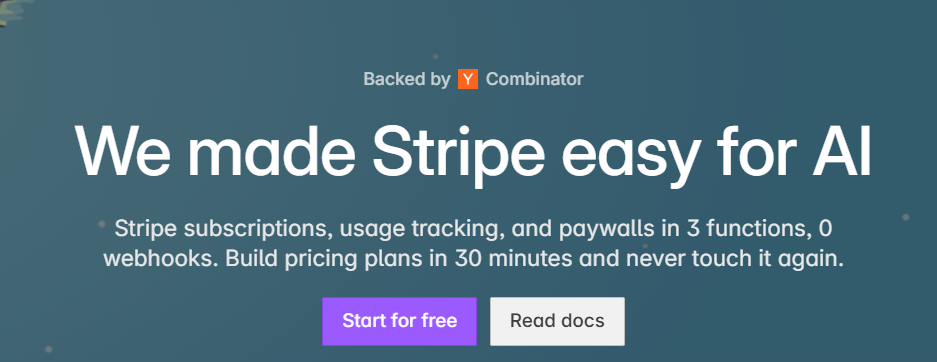
Business Content: The Stripe of AI startups (payment solutions).
Why it's favored: Many AI startups adopt complex pricing models, often mixing fixed subscription fees charged per seat, usage-based billing, points, and various additional fees. Managing this complex AI pricing on Stripe is a time-consuming and manual process.
Therefore, Autumn has developed an open-source infrastructure that simplifies integration with Stripe for AI startups. The company claims its technology is used by hundreds of AI applications and 40 YC startups. Given Stripe's dominance in the payment field and the explosive growth of the AI market, could a billing solution designed specifically for AI become the next significant fintech success story?
Dedalus Labs
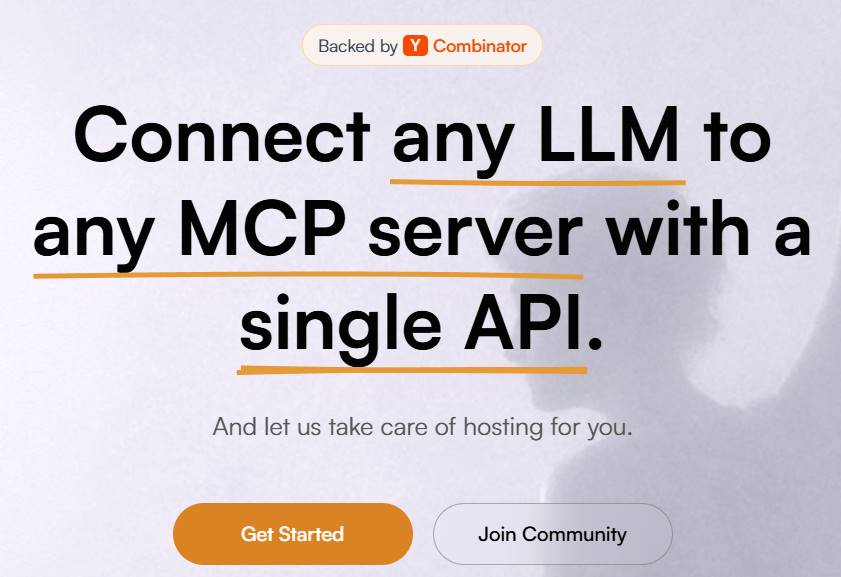
Business Content: Vercel for building AI agents (frontend development and deployment platform).
Why it's favored: Just as Vercel helps developers deploy and host websites, Dedalus Labs claims its platform can automate the infrastructure needed to build AI agents, reducing hours of coding work to just a few clicks. The company handles complex tasks like auto-scaling and load balancing, stating that this makes deploying AI agents fast and simple.
Design Arena
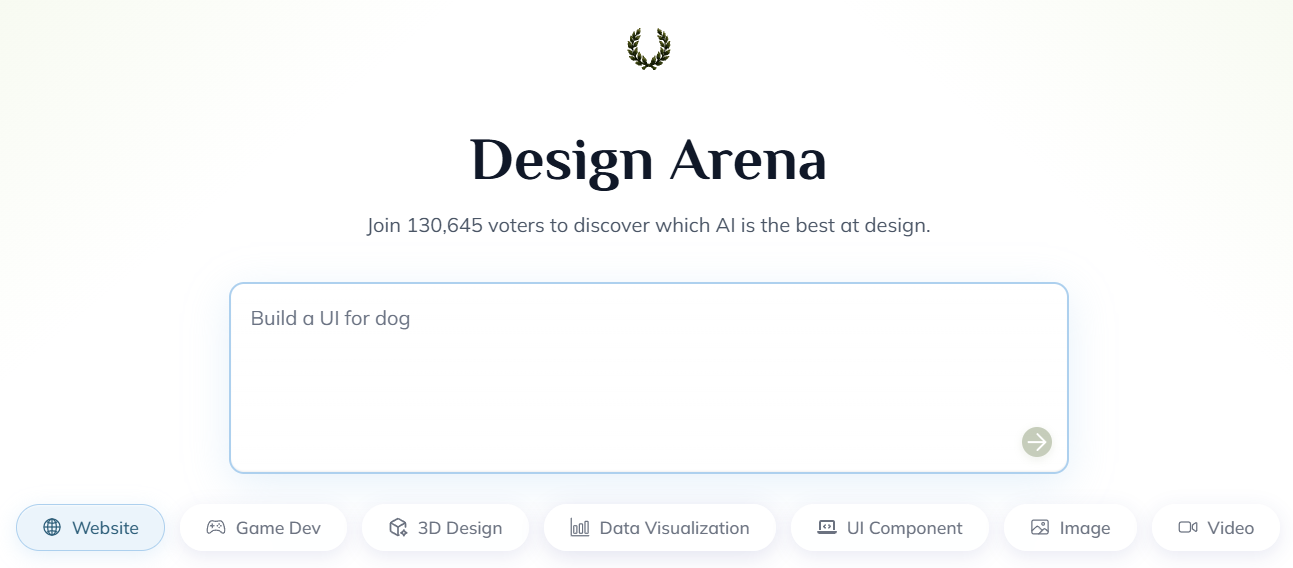
Business Content: Crowdsourced ranking of designs filled with "vibe" (vibe coded).
Why it's favored: AI can quickly generate a vast number of designs, which brings a new problem: how to determine which designs are truly excellent. Design Arena addresses this issue by crowdsourcing the ranking of AI-generated visual works, creating a feedback loop that forces AI models to improve. Large AI labs see the value in training their models to generate better designs, and some of these labs are already clients of Design Arena.
Getasap Asia
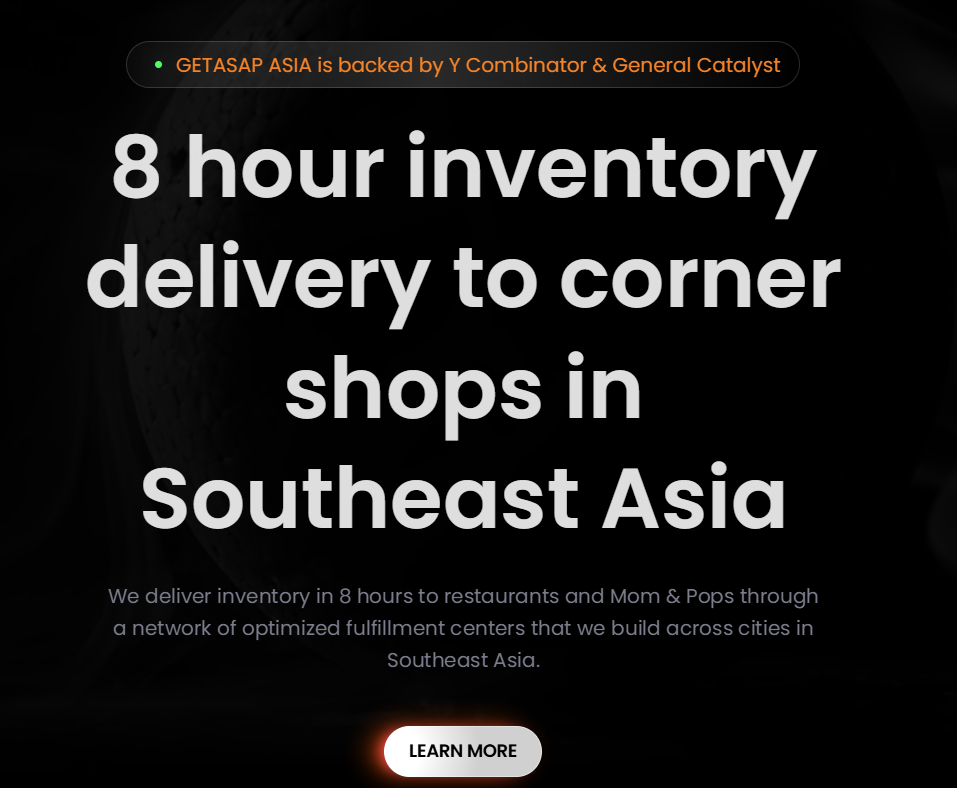
Business Content: Technology-driven distributor for Southeast Asian retailers.
Why it's favored: Getasap Asia was founded by Raghav Arora three years ago when he was just 14 years old. Since then, this startup, which uses technology to deliver supplies to corner stores, restaurants, and large supermarkets in Southeast Asia within eight hours, has generated millions of dollars in revenue. According to its official website, Getasap Asia has completed a round of funding from top capital firm General Catalyst, and we hear that the company's valuation is one of the highest in this YC batch.
Keystone
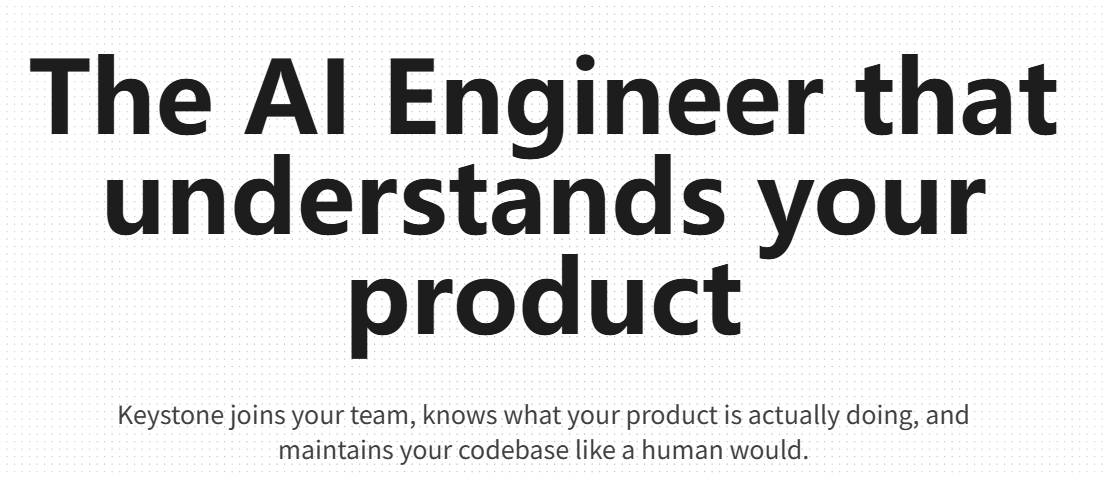
Business Content: AI engineers that fix software vulnerabilities in production environments.
Why it's favored: Keystone was founded by 20-year-old Pablo Hansen, who just graduated with a master's degree in AI last year. The company's mission is to reduce software crashes. Their AI finds and fixes vulnerabilities for clients like Lovable, and Hansen stated they have turned down a million-dollar acquisition offer.
RealRoots

Business Content: AI matching platform for women to find friends.
Why it's favored: While dating apps are abundant, RealRoots is addressing another form of loneliness. The company's AI matchmaker "Lisa" interviews women and then organizes social experiences to connect them with like-minded friends.
Although the AI component may be more "performative"—conversations with Lisa may not provide more insights about participants than written Q&A—RealRoots may be on the right track. Its founders stated that just last month, the company generated $782,000 in revenue from 9,000 paying customers.
Solva
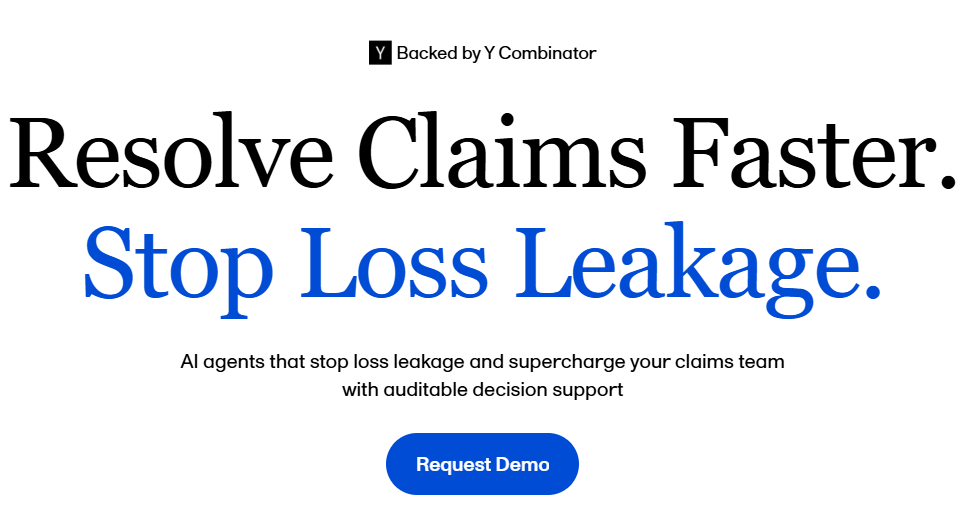
Business Content: Automating insurance claims with AI.
Why it's favored: Solva's AI automates the most routine tasks for insurance claims adjusters, from filling out complex claims forms to preventing improper payouts. Just ten weeks after launch, Solva's annual recurring revenue (ARR) has reached $245,000, a figure that excites investors.
Pingo AI

Business Content: AI foreign language tutor.
Why it's favored: Apps like Duolingo make language learning easy and fun, but they often lack a key element for mastering a language fluently: ongoing conversation. Pingo addresses this issue by allowing users to engage in spoken conversations with its AI, which acts as a native speaker. The company's unique approach is becoming extremely popular, with its founders claiming a 70% monthly growth and monthly revenue reaching $250,000.
The above is a quick overview of the most notable projects. However, for discerning investors, the value of information goes beyond this. By looking beyond the surface, Silicon Rabbit and its expert team have distilled four core trends that may serve as the best entry point for understanding the current innovation trends in Silicon Valley.
1: From "Empowerment" to "Native" and "Agent"
The most apparent signal from this YC batch is that startups are no longer satisfied with adding an "AI feature" to existing products; instead, they are directly building AI-native applications or even AI agents that can perform tasks autonomously.
For example, Keystone's "AI engineer" and Solva's "AI claims adjuster" are not auxiliary tools but rather "digital employees" that directly replace parts of the workflow. This represents a shift in the moat of AI entrepreneurship from "owning data" to "restructuring processes," with significantly different market replacement potential and commercial value.
2: The Rise of Infrastructure and Toolchains
In the gold rush of AI, the "water seller" model that provides tools and services to gold miners remains an investment hotspot and is becoming more vertical and specialized. Autumn focuses on the unique "billing" challenges in the AI field; Dedalus Labs aims to lower the barriers to developing and deploying AI agents; Design Arena addresses the "quality assessment" issue of AI-generated content.
Investing in such companies is akin to investing in the entire AI track. Regardless of how upper-layer applications iterate, as long as the AI economy continues to grow, these infrastructure providers will continue to benefit.
3: The "Verticalization" and "Essentiality" of AI Application Scenarios
AI is accelerating its entry into more vertical and commercially valuable industries, moving away from general chat and image generation to solve specific, high-cost pain points. Whether it's Solva's entry into the traditional insurance industry, Pingo AI's transformation of language education, or Perseus Defense's focus on the defense industry, they share a common characteristic: clear business models and strong customer willingness to pay. Investors are increasingly valuing strong commercialization execution, like Solva's ability to generate substantial revenue (ARR) shortly after launch.
4: The Huge Potential of "Non-Mainstream" Tracks and Model Innovation
Although AI is the absolute protagonist, one of the highest-valued projects in this YC batch, Getasap Asia, is a typical case of "technology-driven traditional industry transformation." Meanwhile, RealRoots, which has generated astonishing revenue, proves that business model innovation that addresses genuine human needs (socializing) can unleash tremendous commercial energy, even if the technology is not "hardcore." This reminds us that investment perspectives need to transcend mere technological worship and return to the essence of business.
These trends reveal the investment logic behind publicly available information, but real decision-making requires answering deeper questions:
How deep is Keystone's technological moat?
What is Solva's customer acquisition cost, and can its model scale?
How will Autumn's open-source model generate profit?
The answers to these questions cannot be found in any public report but can only come from in-depth conversations with project founders, early investors, or core technology experts.
免责声明:本文章仅代表作者个人观点,不代表本平台的立场和观点。本文章仅供信息分享,不构成对任何人的任何投资建议。用户与作者之间的任何争议,与本平台无关。如网页中刊载的文章或图片涉及侵权,请提供相关的权利证明和身份证明发送邮件到support@aicoin.com,本平台相关工作人员将会进行核查。




